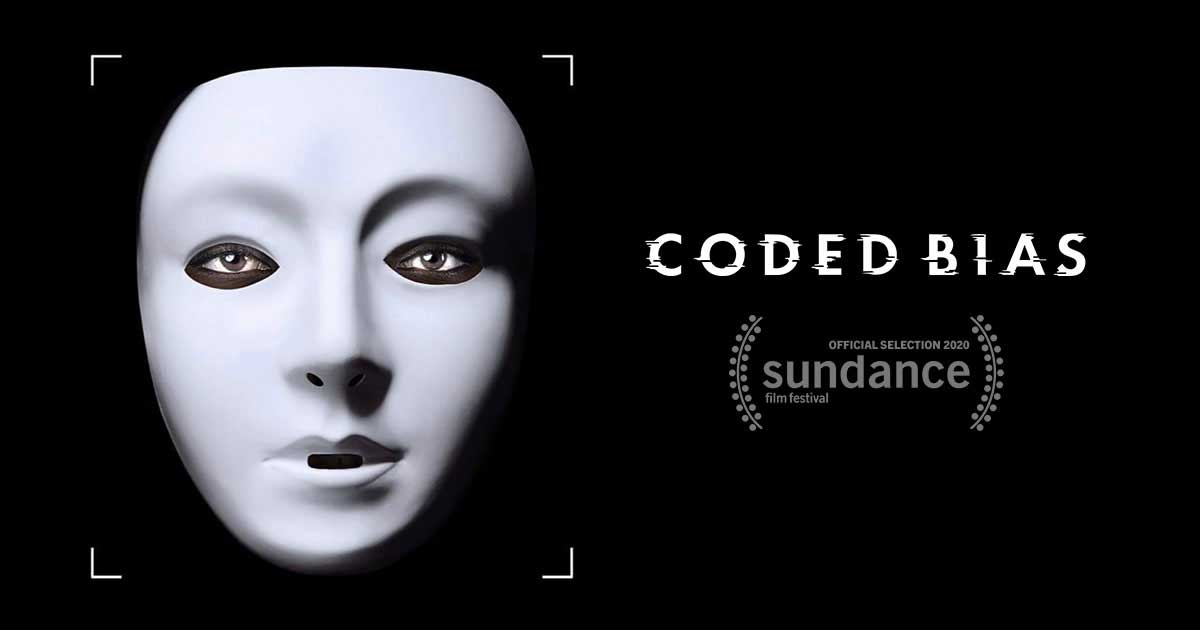Coded Bias
Learning goals
After completing this assignment, students should be able to:
- Name prominent authors in the data science ethics space
- Give examples of algorithmic bias
- Summarize the fundamental issues in algorithmic bias
Content
- Watch the full documentary Coded Bias (85 minutes)
- Netflix
- If you don’t have a Netflix account or other way to watch, post to Slack
- PBS? – not sure if this still works
- iTunes? – not sure if this still works
- Netflix

- Supplemental reading:
- Bond et al. (2012)
In-class activity
- Possible discussion topics:
- “algorithms reflect the biases of their creators”: Why? How? What can be done about this?
- Cathy O’Neil mentions in the film that “mathematics is used as a shield for corrupt practices”. How does this happen in practice? What are some potential solutions to this? What incentives to companies, governments agencies, and data scientists have with respect to transparency?
- Could civil rights advances be “rolled back by algorithms?” How would this work?
- What are some of the differences in targeted advertising mentioned in the film? What kind of ads are you more or less likely to see based on your perceived wealth?
- Zeynep Tufekci: Facebook could “swing close elections and we’d never know”. How would this work? How plausible does this seem to you? How do you think about your own Facebook usage in light of these concerns? (See also Bond et al. 2012)
- Microsoft Tay: What happened with this Twitter bot? If you were a Microsoft engineer, what would you have learned from Tay’s experience? How does Tay’s experience relate to other algorithms (e.g., YouTube or Spotify recommendations)?
- What does Cathy O’Neil describe as “algorithmic obedience training”?
Assignment
Respond to the following prompts on a single piece of paper.
In one paragraph, summarize what you learned from watching Coded Bias. What were the main themes? What issues were discussed? Who was featured most prominently?
In one paragraph, reflect on how the experience of watching Coded Bias made you feel.
Submission
Hand in before leaving the classroom.
Rubric
| Criteria | Improvable | Good |
|---|---|---|
| Overall Quality | Incomplete or missing submission. Student did not make an earnest effort to complete the assignment. | Student accurately summarizes the content of the documentary. Student’s reflection is thoughtful and genuine. |
References
Bond, Robert M, Christopher J Fariss, Jason J Jones, Adam DI Kramer, Cameron Marlow, Jaime E Settle, and James H Fowler. 2012. “A 61-Million-Person Experiment in Social Influence and Political Mobilization.” Nature 489 (7415): 295–98. https://www.nature.com/articles/nature11421.